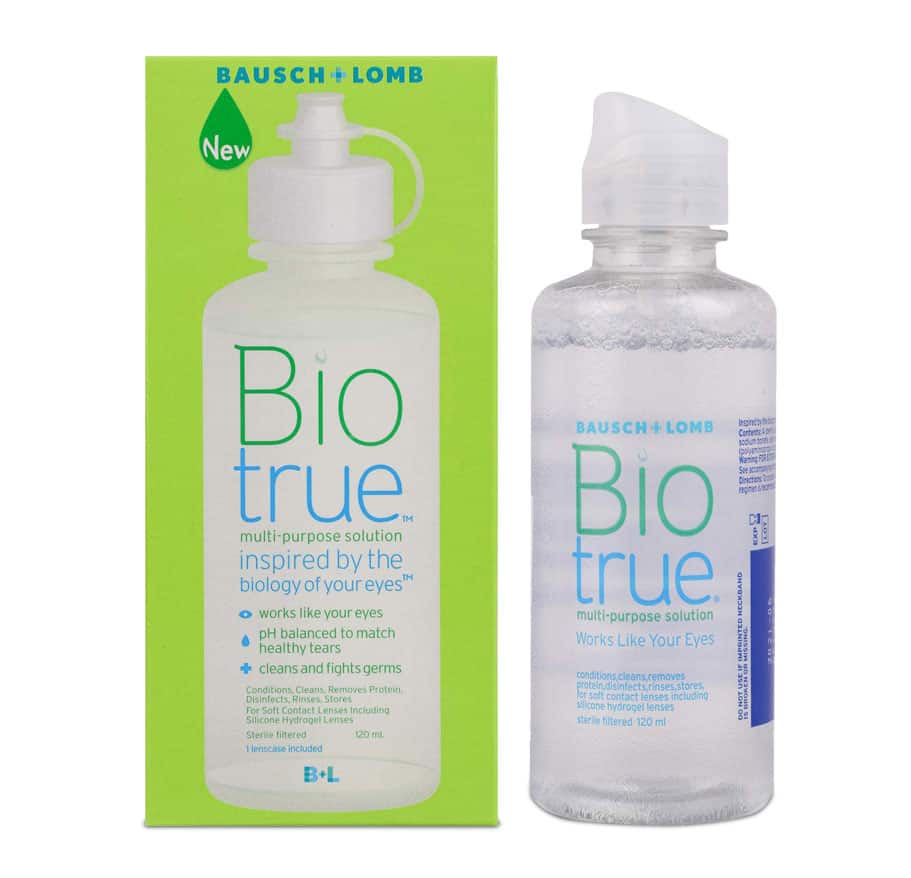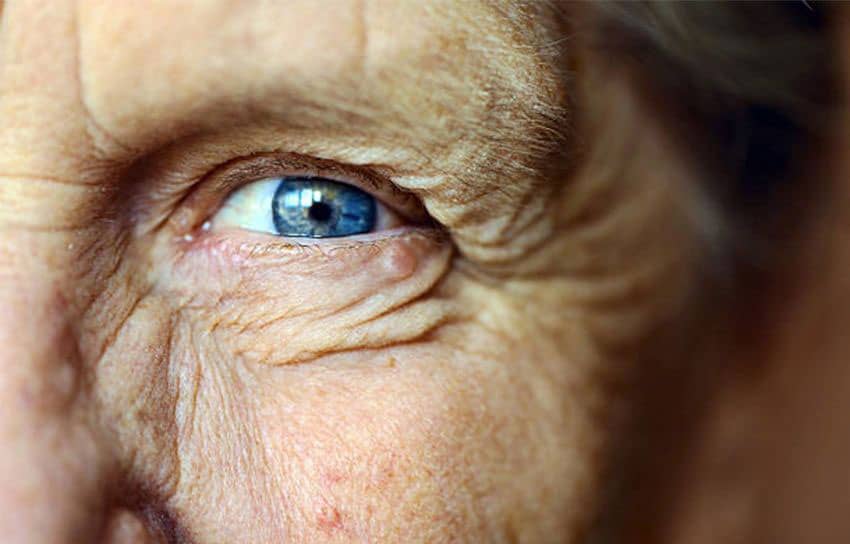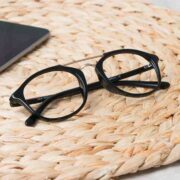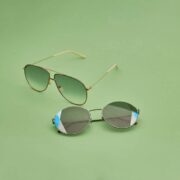Our bodies never stop changing. As we age, the passing of time shows in the way we look and operate. It’s important to be aware of how these changes can manifest, especially when it comes to our eyes, so that we can keep our health at its peak for as long as possible. While some of these shifts are preventable, some are just the natural ways we respond to the years that have gone by. To help you keep tabs on your eye health, here are common signs your eyes are adjusting to age and things you can do to potentially slow down the process.
Need For Reading Glasses
Most adults will eventually need reading glasses to help us see things that are close by, medically known as presbyopia. It’s a side effect of the lens of our eyes hardening due to age, a natural occurrence, which makes it hard for them to focus.
Drier Eyes
You might notice your eyes becoming drier, caused by inflammation and general wear on your tear ducts. This can be remedied with a humidifier or eye drops.
Increased Tearing
On the opposite end of the spectrum, you may have increased tearing in your eyes as they become more sensitive to irritants like bright light or wind.
Seeing More Floaters
Those moving bits that you see in your vision? They are called floaters and while it’s normal to see them at any age, they may increase as you get older when the fluid in your eye begins to break down. However, it warrants the attention of a professional if you notice many more floaters than usual along with flashes.
Blurrier Vision
Deteriorating vision can be caused by the natural aging process as mentioned, or a condition of a more serious disease so it’s vital to check in with your optometrist regularly. Two common eye diseases to know are cataracts and macular degeneration. The largest cause of vision loss for adults are cataracts, when the lens of the eye becomes cloudy or discolored. Macular degeneration, which typically runs within families, is when part of the retina begins to lose cells.
Building Eye Pressure
The leading cause of blindness in older adults is glaucoma but if caught early, can be prevented. Glaucoma is when the optic nerve is damaged, usually from overwhelming pressure inside your eye.
Drooping Eyelids
Externally, as aging causes a lack of elasticity in skin and the weakening of muscles, the eyelids may droop and obstruct your line of sight. This can be cured with special eye drops or surgery.
So how do you slow down the aging process in your eyes? The same tips for general wellbeing apply, like eating right, staying hydrated and exercising regularly. It’s also crucial to continue seeing your eye doctor for your annual appointments so they can catch any diseases early on. Additionally, you should protect your eyes from the harmful rays of the sun by remembering to wear your sunglasses outdoors. With overall healthy habits, your eyes will thank you.







